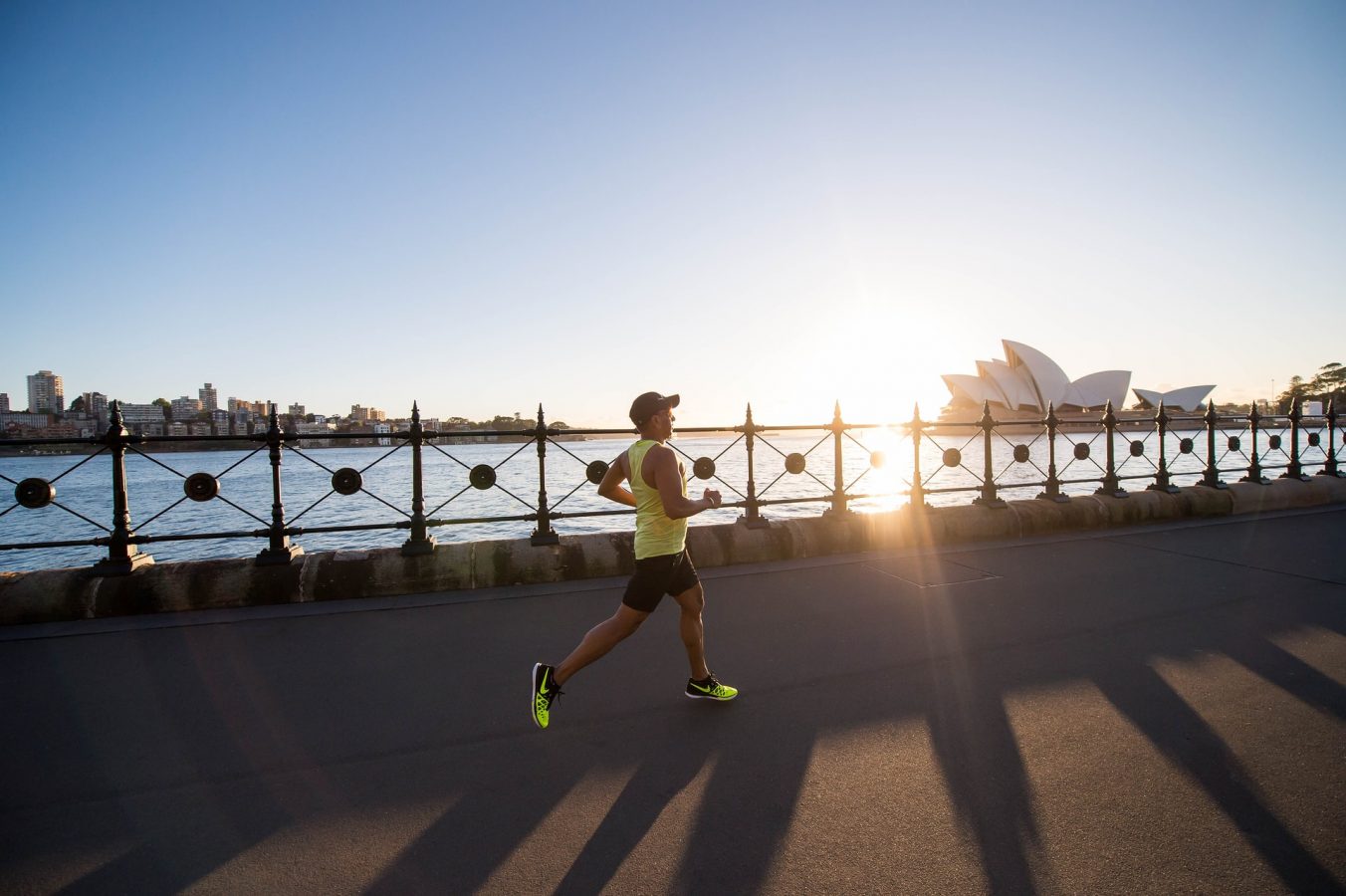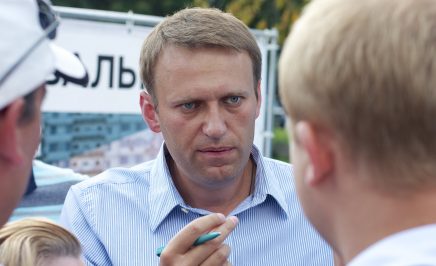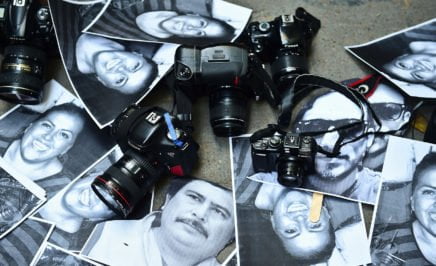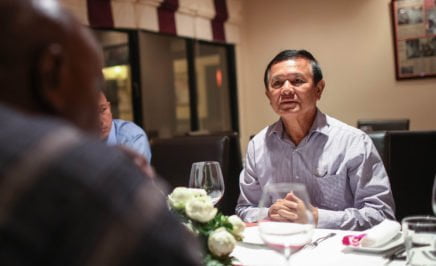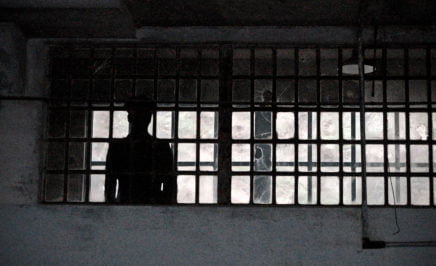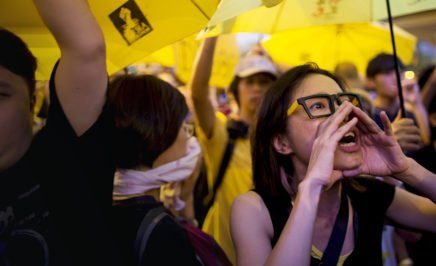First things first: restrictions on our movement during the COVID-19 health crisis are an essential measure to protect our community. It’s vital that we stay at home as much as possible, and our success in slowing the spread is in large part thanks to people like you, changing your lives for the sake of fellow community members.
Yet, it’s also equally important that our community’s rights are not needlessly diminished. Our government must ensure lockdown regulations are proportionate, fairly enforced and time-limited.
We’re now a few weeks into lockdown, and many people in our community, as well as legal and human rights advocates, are concerned about how police are enforcing Australia’s COVID-19 laws. The evidence we have collected so far shows significant problems.
1. Unclear and inconsistent rules
States and territories have said that discretion will be used in issuing fines and enforcing directions. In many cases, individual police have to determine what is ‘reasonable’ or warrants a penalty – leading to confusion and inconsistency.
Heard about the jogger fined for stopping for a kebab? The COVID-19 Police Accountability Project has received dozens of complaints from people stopped while exercising and observing social distancing.
One couple went for a walk and bumped into a friend. They decided to walk together (keeping social distance). Police soon stopped them:
“They fined us for social distancing breach but I can go to Kmart and Big W and just a shopping centre in general and be in close contact with other people.”
We’ve also seen reports of a couple each fined $1652 after posting their 2019 holiday photos to Facebook. Police have reportedly revoked the fine now.
The current lack of clarity undermines public trust in the police, and also makes things difficult for police officers to know where the line is.
How to fix it: State and territory governments and all relevant bodies must publicly release guidelines used by police to enforce COVID-19 social distancing regulations.
2. Discrimination and targeting the vulnerable
Concerns are also growing that culturally diverse and low socio-economic groups are bearing the brunt of COVID-19 policing.
One analysis shows a disproportionate number of fines in NSW issued in areas largely populated by Indigenous or migrant Australians. While this doesn’t prove discrimination, we know that Indigenous people, the homeless and migrant communities are already vulnerable to targeted policing. The police’s discretionary powers during COVID-19 are likely to exacerbate this.
A woman of non-Caucasian descent described police driving right up to her to question her while she was exercising:
“I felt quite intimidated when the cop car pulled up facing me. It was unnecessary, I was in gym gear running up and down …. I wonder if a white Caucasian woman would’ve been followed like this and questioned?”
How to fix it: Governments should scrutinise and report on COVID-19 policing powers. They must publish the data from stop and question situations and investigate instances of discriminatory policing or police misconduct.
3. Police using intimidation and aggression
Police being aggressive and intimidating towards people has been a theme across many policing complaints.
A man in Melbourne’s outer suburbs reported being in his car about to drive home after exercising. Police approached him and “intimidated” him, and said he’d be receiving a fine in the mail.
There’s been reports of military personnel alongside police conducting liquor officer duties at a bottle shop in Tennant Creek. Our government has deployed military personnel to the Northern Territory to assist with the COVID-19 response; it’s unclear why they would be carrying out duties in bottle shops.
Remaining calm is needed now more than ever. Let’s ensure checks and balances are in place so that excessive policing doesn’t spread fear in the community.
How to fix it: Governments should make clear the guidelines they are using and reassure the public that any instances of overreach or intimidation will be independently investigated.
4. Stifling freedom of expression
In April, Melbourne police arrested one refugee advocate and fined dozens of others a total of $43,000 for breaching coronavirus stay-at-home orders by conducting a protest outside a hotel holding refugees.
People had demonstrated in cars, maintaining social distancing at all times. As one participant said, the peaceful protest was not any riskier than a ‘drive to Bunnings’.
Again, while special measures during a health crisis are warranted, they must be proportionate and their intent not distorted.
How to fix it: All governments must respect the right to freedom of assembly and association and uphold their human rights obligations in their COVID-19 responses.
5. Setting a precedent that could carry on post-lockdown
While COVID-19 restrictions have an end date, these can be extended – and perhaps even strengthened and shelved for future use.
We saw this after the 9/11 terror attacks. In the name of counterterrorism governments across the globe, including Australia’s, ramped up their surveillance powers, and their abilities to detain people without charge, infringing on our human rights in the process.
Members of the public are already raising concerns about the increased powers of police after the lockdown ends.
“I worry these new powers of aggressive behaviour towards the public will continue after the shut down.”
How to fix it: Legislation passed to mitigate COVID-19 must be temporary and only to be used for COVID-19 health measures.
Communities need safety and reassurance now more than ever, so we need to ensure police are using their new powers responsibly, fairly, and without bias and prejudice.
